Online Child Safety Workshop for School Teachers
Information and communication technologies offer opportunities for global exploration, dynamic interactive experiences, and wide-ranging social networks. Children and young people have a significant role in these developments. They tend to be early adopters of new forms of communication, a factor that has particular significance in the developing world, where the population under age 18 makes up a much higher proportion of the total compared to industrialized countries. Activities that previously took place only in the physical world are happening more and more online, and their nature and scope are being transformed. Through websites, blogs, social networking sites, mobile phones, microblogging platforms, chat lines, gaming sites, consoles, and digital cameras, children and young people are expanding the scale of access to their peers and redefining the concept of friendship.
COVID-19 taught us a big lesson. Whole schools shifted to digital space. Now, gradually schools are opening in physical. When a child is in school (Physical or Virtual), the school is responsible for keeping them safe from harm and abuse. The school should create a safe learning environment, identify kids who are suffering or at risk of harm and take suitable action.
To help protect a child, the school should have staff who are trained to identify signs of abuse including what to do if they or someone else is worried about a child, a designated teacher responsible for dealing with child protection, procedures for checking staff before they work with children and a child protection policy which includes procedures to be followed if a teacher or other member of staff is accused of harming a child. The school should also teach kids how to protect themselves. A learned teacher can teach a kid on protecting them online. To address these issues, Forum for Digital Equality and Internet Governance Institute are providing workshops and capacity-building programs.
Objective
The major objective of this workshop is to have a deliberate discussion on the safe use of Internet and applying them in teaching practices. Following issues will be discussed during the workshop:
- To understand the objectives and dynamics of the use of the Internet by Kids;
- To understand the risks kids face while using the Internet/Identifying the online abuse to kids;
- To learn the techno psychological solution to address the effect of the use of the technology by kids;
- To understand how to make schools safer places for children to go online.
Target Audience:
- School Teachers
- School Parents
- Law Enforcement Agencies
Session Objective
| Session | Session Objective | Session Outcome |
| Introductory Sessions |
|
|
| Working Sessions |
|
|
| Panel Discussion |
|
|
Tentative Agenda
| Session Time | Session Title | Resource Person |
| 08:30-09:30 | Breakfast/Registration | |
| 09:30-10:15 | Opening Ceremony | |
| 10:15-10:30 | Tea Break | |
| 10:30-11:15 | Online Child Abuse Trends in Nepal | Er. Dipesh Joshi, Deputy Superintendent of Police, Cyber Bureau, Nepal Police |
| 11:15-12:00 | Kid’s Exposure to the Technology and its Effects on their Development | Dr. Meenakshi Dahal, Child Development Specialist, Kathmandu University |
| 12:00-01:00 | Lunch Break | |
| 01:00-02:00 | Safe Use of Major Platforms: Practical Tips |
|
| 02:00-03:00 | Approaches to be taken by the Teachers/Schools to protect Child Abuse Online: A Policy Discussion | Moderator: Sudarshan Ghimire, Managing Editor, Sikai Samuha
Panelists:
|
| 03:00-03:30 | Closing |
|
Chief Guest
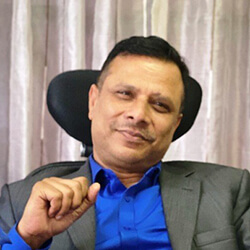
Purusottam Khanal
Chairman, Nepal Telecommunications Authority
Guest
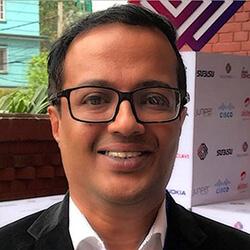
Sudhir Parajuli
President, ISP Association of Nepal

Kusum Lama
Chairperson, Prabhu Technology
Speaker / Panelist
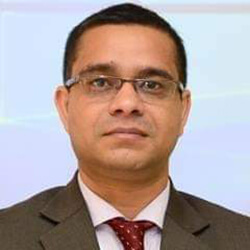
Er. Dipesh Joshi
DSP, Cyber Bureau, Nepal Police
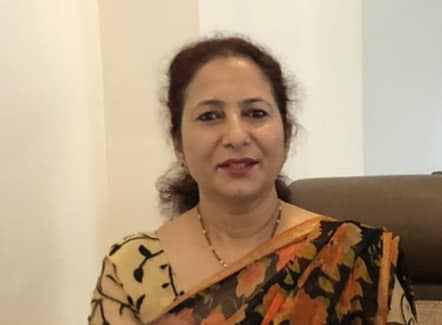
Dr. Meenakshi Dahal
Child Development Expert, Kathmandu University

Dr. Bhoj Raj Ghimire
Assistant Professor, Nepal Open University
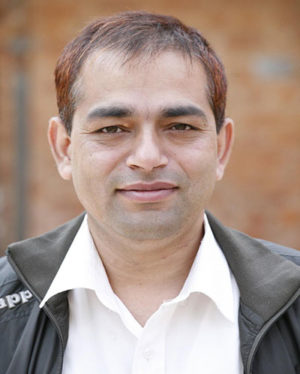
Sudarshan Ghimire
Managing Editor, Sikai Samuha

Milan Dharel
Executive Director, National Child Rights Council

Aadhesh Khadka,
Assistant Secretary, Ministry of Education, Science and technology

Sewa Pathak
CEO, Vianet communications
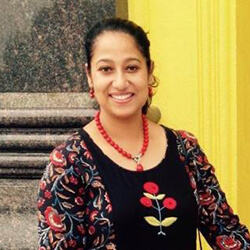
Roshani Poudyal
Assistant, Professor, Department of Law, Tribhuvan University

Sunil Kumar Gharti
Founder/Director, Kavya School
Organizer

Co-Organizer
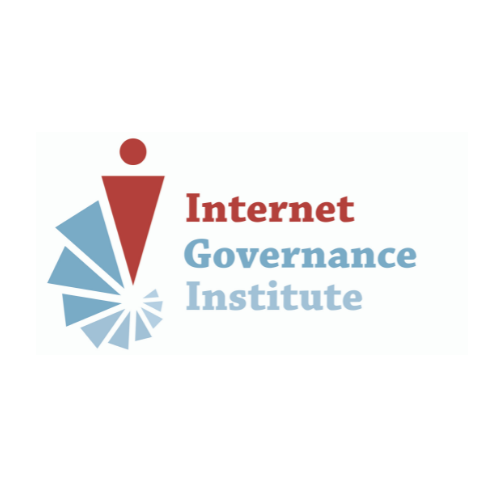
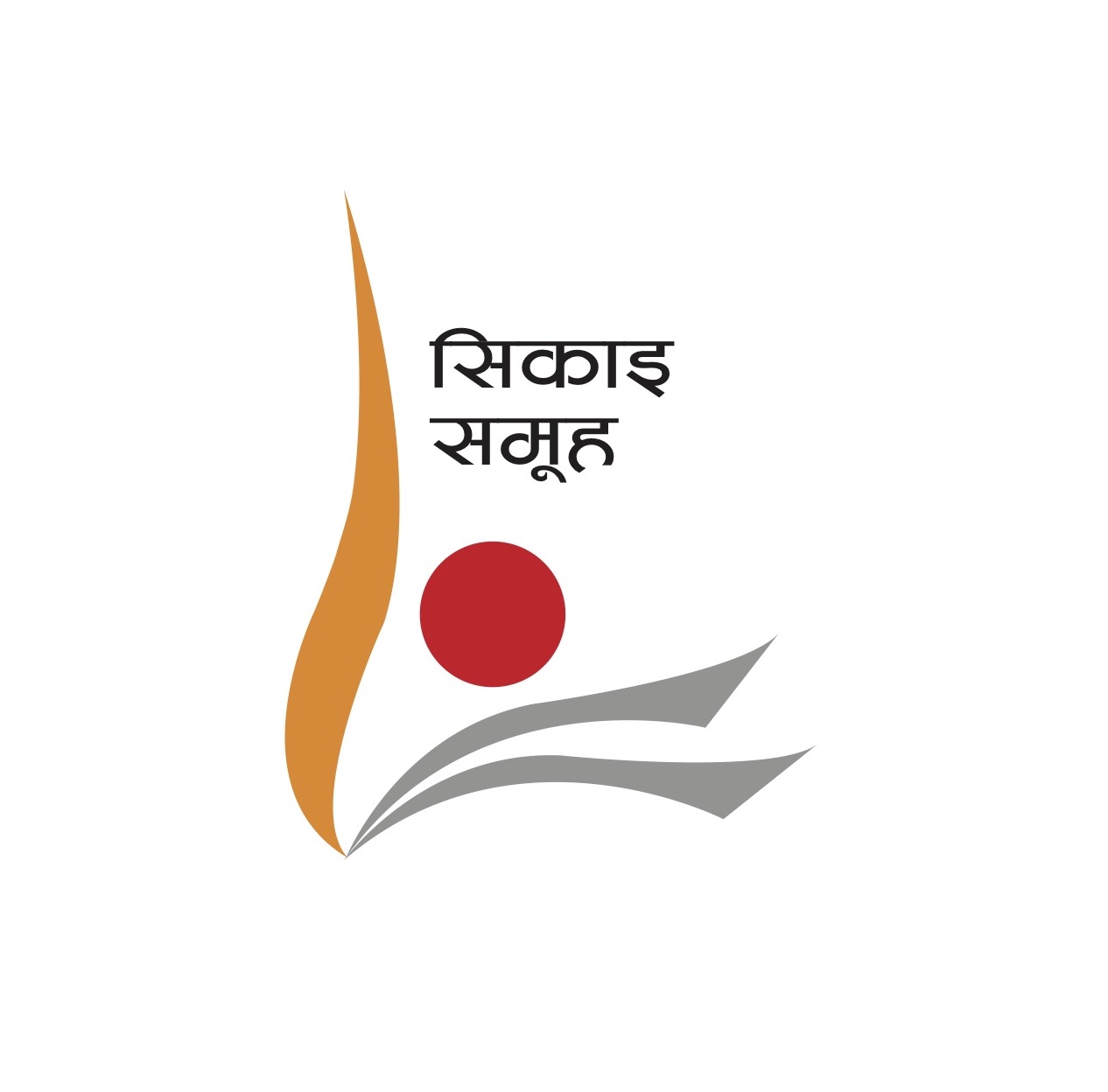




Support
